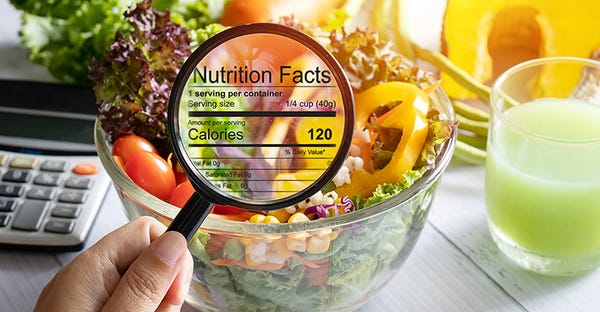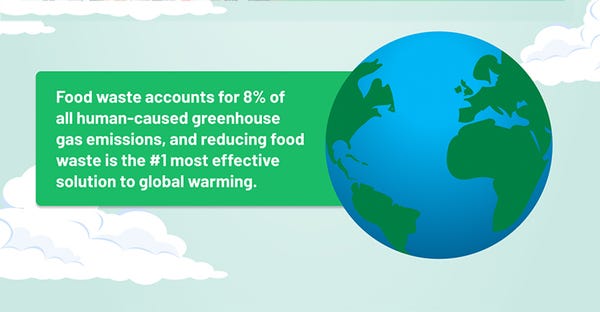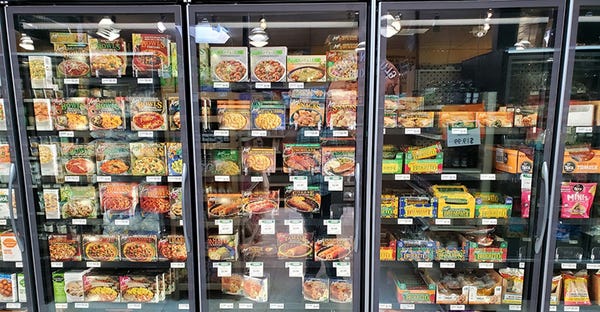.png?width=700&auto=webp&quality=80&disable=upscale)
Take 5: The importance of labels | Learn upcycling's benefits | Refrigeration improvementsTake 5: The importance of labels | Learn upcycling's benefits | Refrigeration improvements
Even a pandemic doesn't release us from our commitments to carrying accurate ingredient labels, reducing food waste and mitigating climate change.


Do the right thing
Amid pandemic supply challenges, FDA and USDA allowed unlabeled food ingredient substitutions. Moms Across America and other consumer groups reacted by launching a national campaign to ask food producers to do a better job labeling their products, particularly to protect the consumer’s right to know and to provide transparency to allergy communities. Not updating labels and not regulating GMOs are leaving consumers uninformed about the products they consume, the organizations say.

But what is it?
Upcycling has transformed from crafting to being a call to action regarding food waste. Brands aplenty have stepped up to make the packaged food space more conscious by including upcycled ingredients. Waste issues, for some, inspired their product innovation from the start.
To cut through the rising market buzz, the Upcycled Food Association in May released an official definition and plans later this year to launch a product certification. Here’s what it came up with: Upcycled foods use ingredients that otherwise would not have gone to human consumption, are procured and produced using verifiable supply chains, and have a positive impact on the environment. Check out the group’s shareable infographic to understand the health, environmental and business benefits.

A better meat headline
Coronavirus outbreaks at the nation’s large, conventional meatpacking plants have filled the news this year. But natural products retailers know natural, grass fed and organic meat products stave off that scourge and many a meat-industry ill. Thankfully, The Organic Center released a timely report, “The Benefits of Organic Meat.” The easily readable 14-page report makes it one for industry and consumer alike. Use it to educate staff and consider sharing it with customers.

When Spinner and Sinclair speak
Two CEOs leading publicly traded natural retail and distribution companies weighed in on coronavirus changes with investors, with one taking a broad tact and the other honing in on its early vision. UNFI CEO Steven Spinner remains committed to conventional distribution and running retail operations itself, after its still-new purchase of Supervalu. He expects the recession to last another 18 to 24 months with consumers looking for value at conventional groceries and cooking more at home. Sprouts Farmers Market CEO Jack Sinclair described his vision as changing up Sprouts strategy to focusing on “health enthusiasts and experience and innovation seekers,” not trying to be everything to everyone.

Saving green
Can new and more energy-efficient equipment really make a difference? Boise Co-op management found the answer when it opened a second location: Yes.
“This reaffirmed our belief that we needed to do some equipment upgrades,” said Mo Valko, director of marketing and merchandising. “There have been so many advancements in refrigeration technology in the past 10 years. Upgrading was an investment up front, but in the long run, it pays for itself in terms of incredible energy savings.” New equipment isn’t the whole answer; save money with these other tips, as well.
About the Author
You May Also Like





